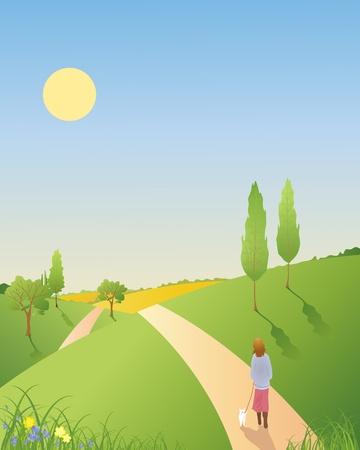Mind Fasting

“Eat
to live and don’t live to eat“ is a proverb. Fasting has been advised as a
religious practice in many religions. Even Doctors today, suggest intermittent
fasting, for the number of health benefits, it has. So, we all agree, periodical
fasting is good for the body and we understand the importance of fasting.
However, we don’t think about fasting our mind.
If
food fasting enables better digestion and absorption of nutrients, will not mind
fasting enable better contemplation, analysis and comprehension of ideas and
thoughts?

But
we also need to ask ourselves, how much of it do we really need? In what way
that information is useful to us? How can we translate that information into
some meaningful action?
Just
like consuming more food than what the body needs, is a strain on the digestive
system, so is the excess consumption of
information, which cannot be processed by the brain.
There is a nice saying,
“Don't bite more than what you can chew.” This applies to information too. We
are constantly adding more inputs than what our mind can process, and
ultimately our mind gets cramped with too much of information,
which often becomes counterintuitive and leads to action paralysis.
So, how can we avoid
this? We can engage in Mind fasting. By this term, Mind Fasting, I am referring
to periods of time, you can be free from any information intake through any form
such as computer, mobile, books, podcasts, YouTube videos, TV etc. To start
with, you can restrict usage of mobile phones or any electronic devices, for
the first few hours and last few hours of the day, enabling a smooth startup
and shutdown to your mind, every day. In addition, you can engage in
activities, which are not heavy to the brain, such as having lighthearted
conversations, listening to some relaxing music, Nature walk, enjoying a drive
by the countryside or just sitting in silence. There is a type of
meditation, which is called Vipassana. Vipassana, is a silent retreat where
people spend days together sitting in silence, doing nothing. The purpose of
this meditation is to allow some free time for the mind to process the
information, that has been dumped into it.
Like a machinery or a
computer system, our mind too, follows the Input - Process – Output cycle. So, when it comes to mind, it can be
Information - Thinking – Action. So, the quality of output is dependent on the
quality of input. So, if we want to have better results or outcome from our
thoughts, we should become conscious about what information to consume and what
information to let go.
Our success in life, doesn’t depend upon the quantity of thoughts, but the quality of thoughts. So, we should strive to focus on quality and not quantity of information. By exercising prudence in this, we can live a more productive life.
D. Senthil Kannan,













%20Ltd.-1.png)


%20Ltd..png)